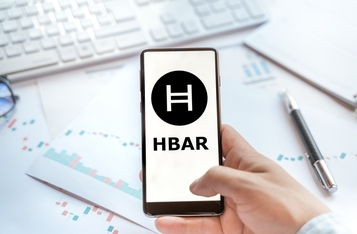Long-Term Bitcoin Holders Keep Stacking While Short-Term Holders Keep Selling
On-chain analyst William Clemente III revealed that long-term holders keep on stacking as short-term holders keep on selling.

Bitcoin (BTC) has spent the last two months ranging between $30,000 and $40,000.

It, therefore, shows that bulls and bears have been embroidered in a tussle, and William Clemente III acknowledged this fact. The on-chain analyst explained:
“Long Term Holders keep stacking: +20,969 BTC to their holdings today, +145,021 BTC to their holdings in the last week, and +397,487 BTC to their holdings in the last month.”
He added:
“Short Term Holders keep selling: -15,085 BTC from their holdings today, -112,950 BTC from their holdings in the last week, and -428,749 BTC from their holdings in the last month.”
These statistics show that as long-term holders continue buying more Bitcoin, their short-term counterparts are offloading their holdings.
Crypto data provider Dilution-proof recently disclosed that short-term holders were selling at a net loss since May 13.
Total fees paid on the Bitcoin network hit an 11-month low
According to on-chain metrics provider Glassnode, the BTC total fees reached an 11-month low of 1.488 BTC.
This is related to recent the market crash, which drove Bitcoin price from an all-time high (ATH) of $64.8k to lows of $30k on May 19.
Google searches for legal tender reached an ATH. Lucas Outumuro, a senior analyst at IntoTheBlock, acknowledged that google searches for “legal tender” had gone through the roof. He stated:
“The World is paying attention. Google searches for "legal tender" hit a new high following El Salvador's Bitcoin Law.”
El Salvador recently became the first country to adopt Bitcoin as legal tender. This move is expected to generate jobs in a nation where 70% of the population works in the informal economy and does not hold a bank account.
Furthermore, it is anticipated to be a way that offers access to investment, savings, credit, and secure transactions.
Image source: Shutterstock


.jpg)
